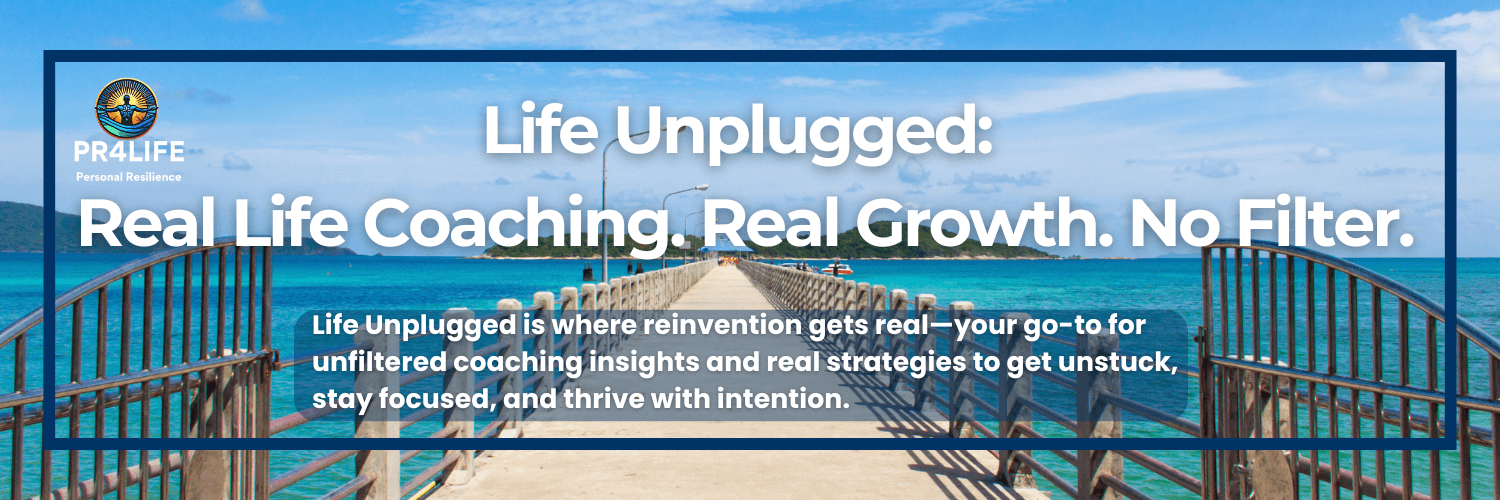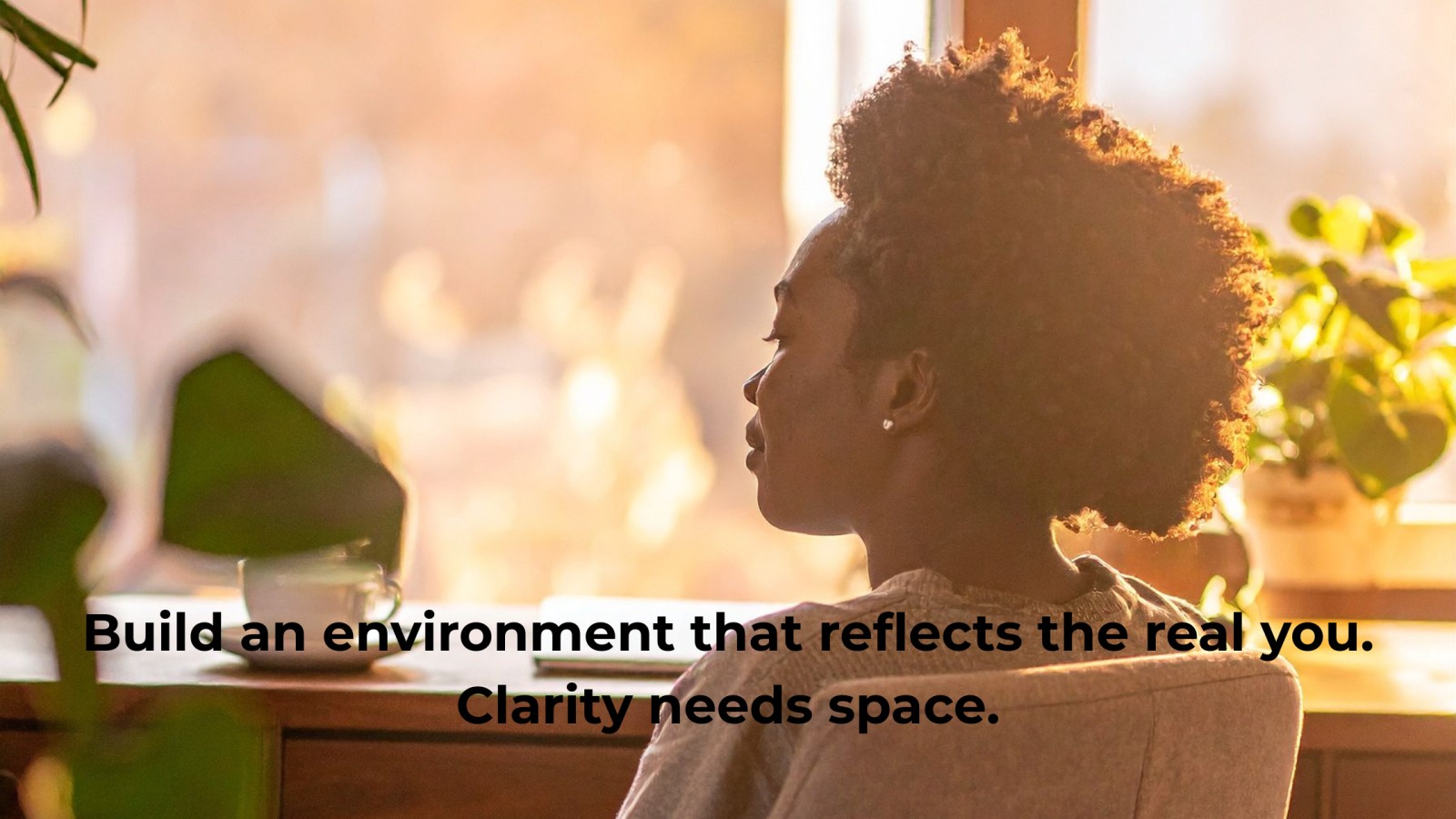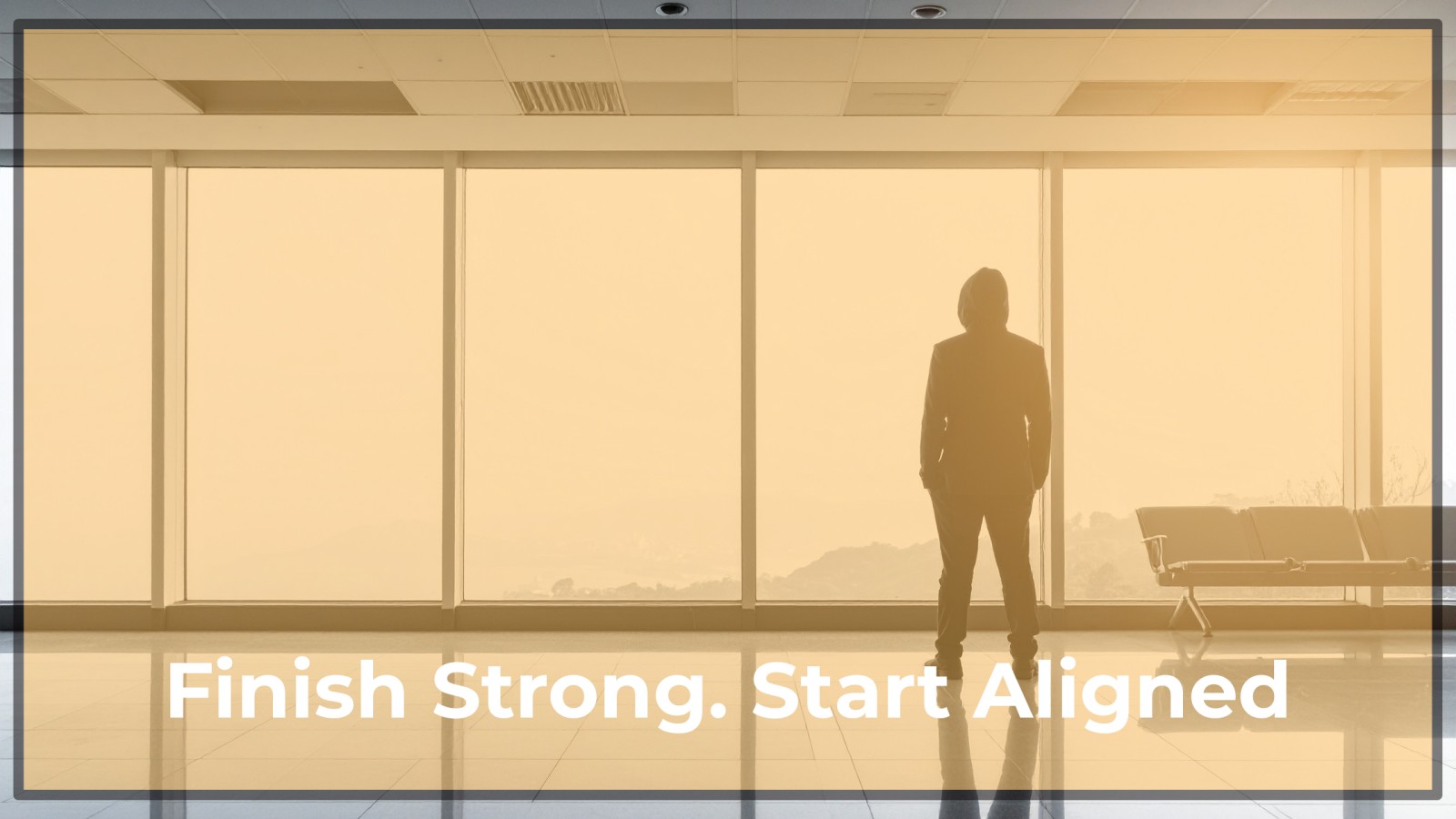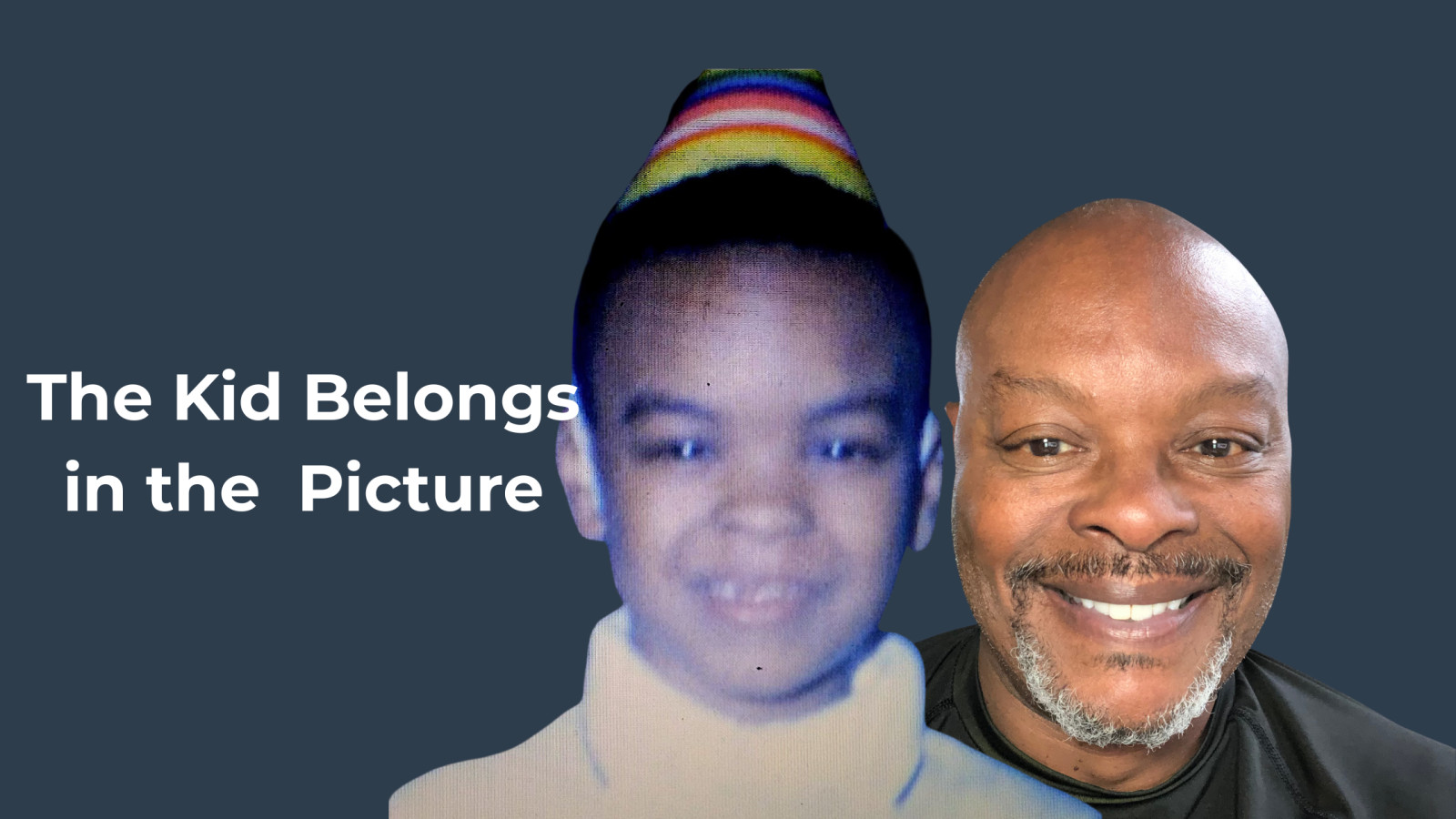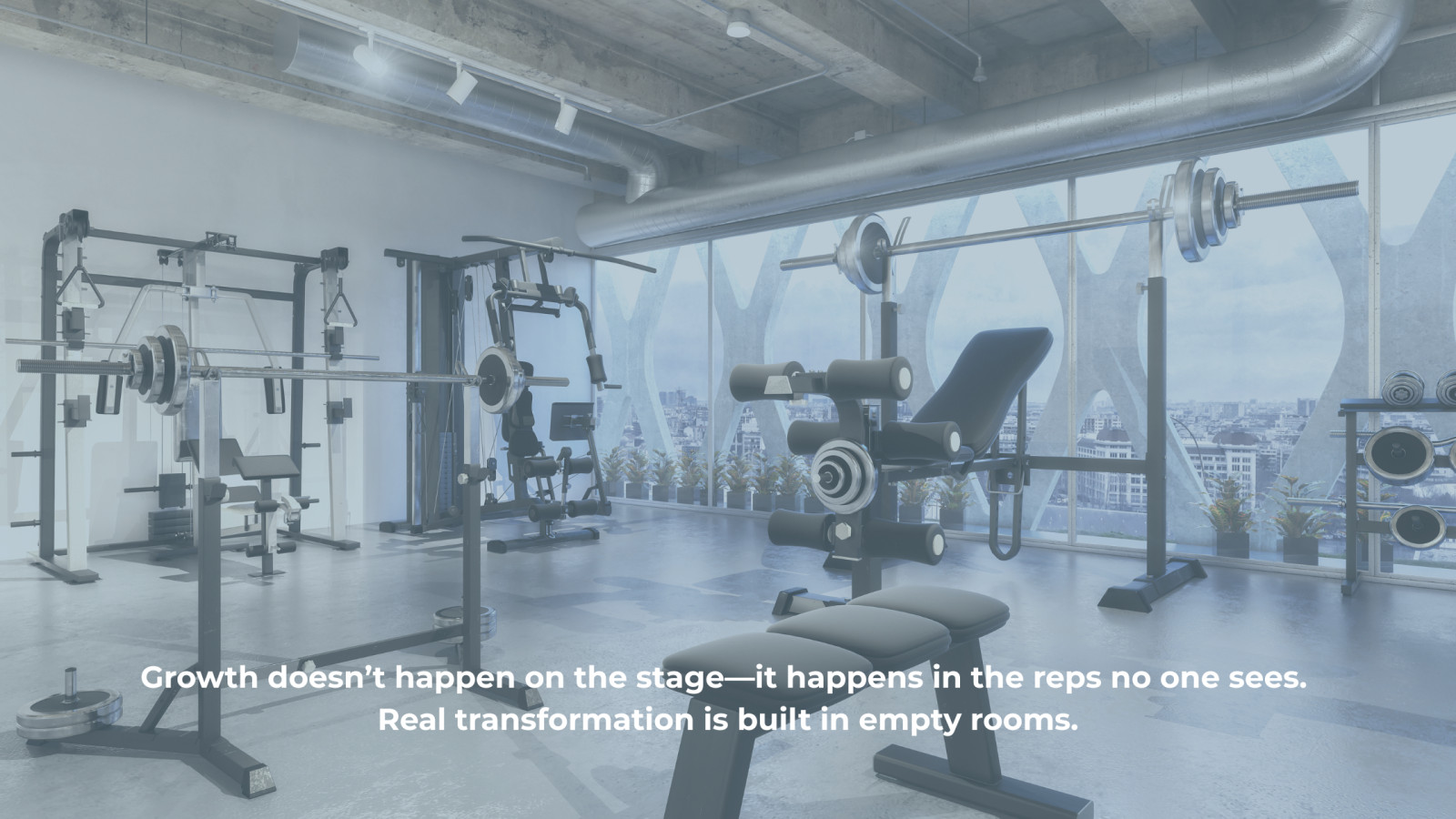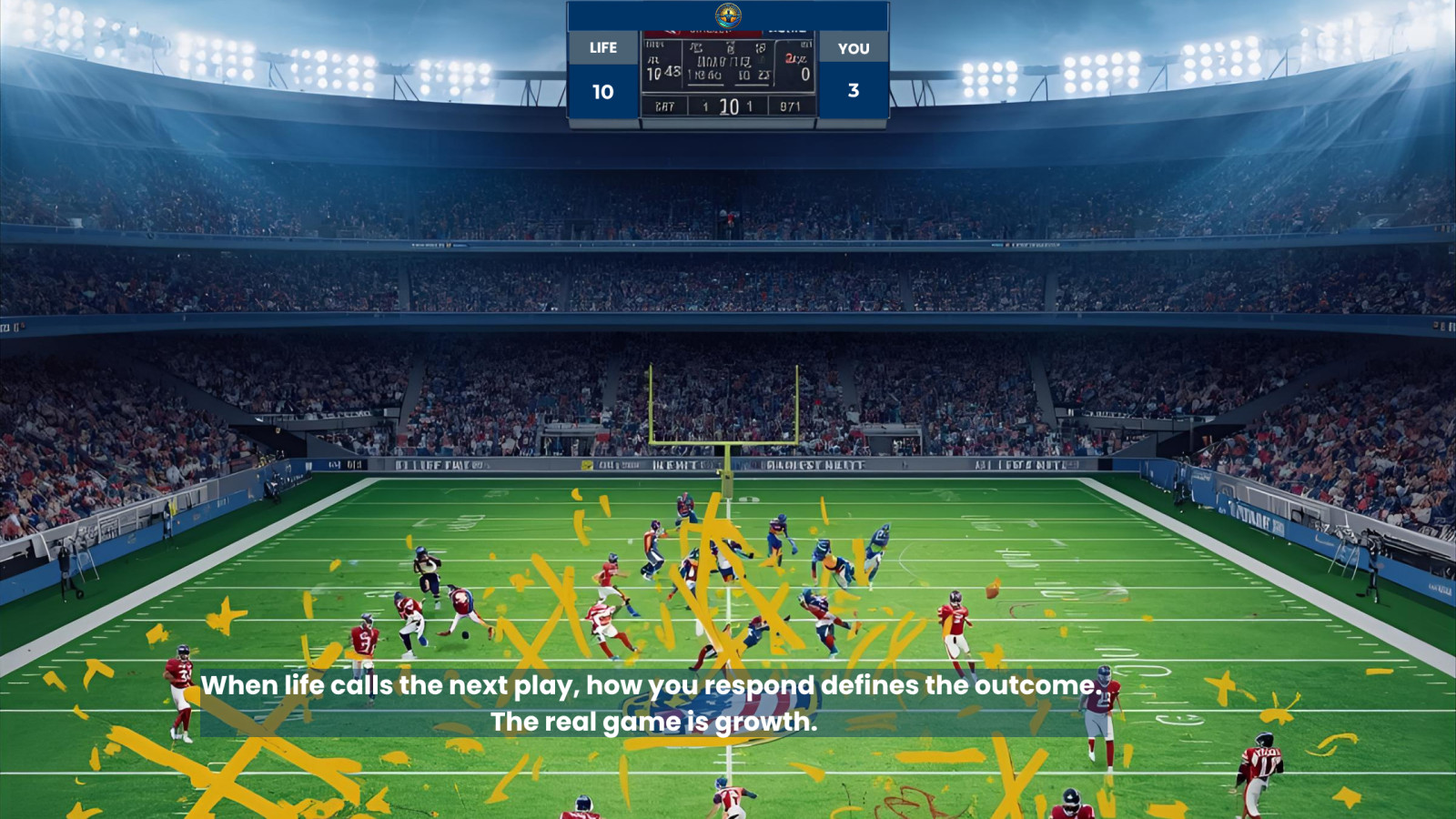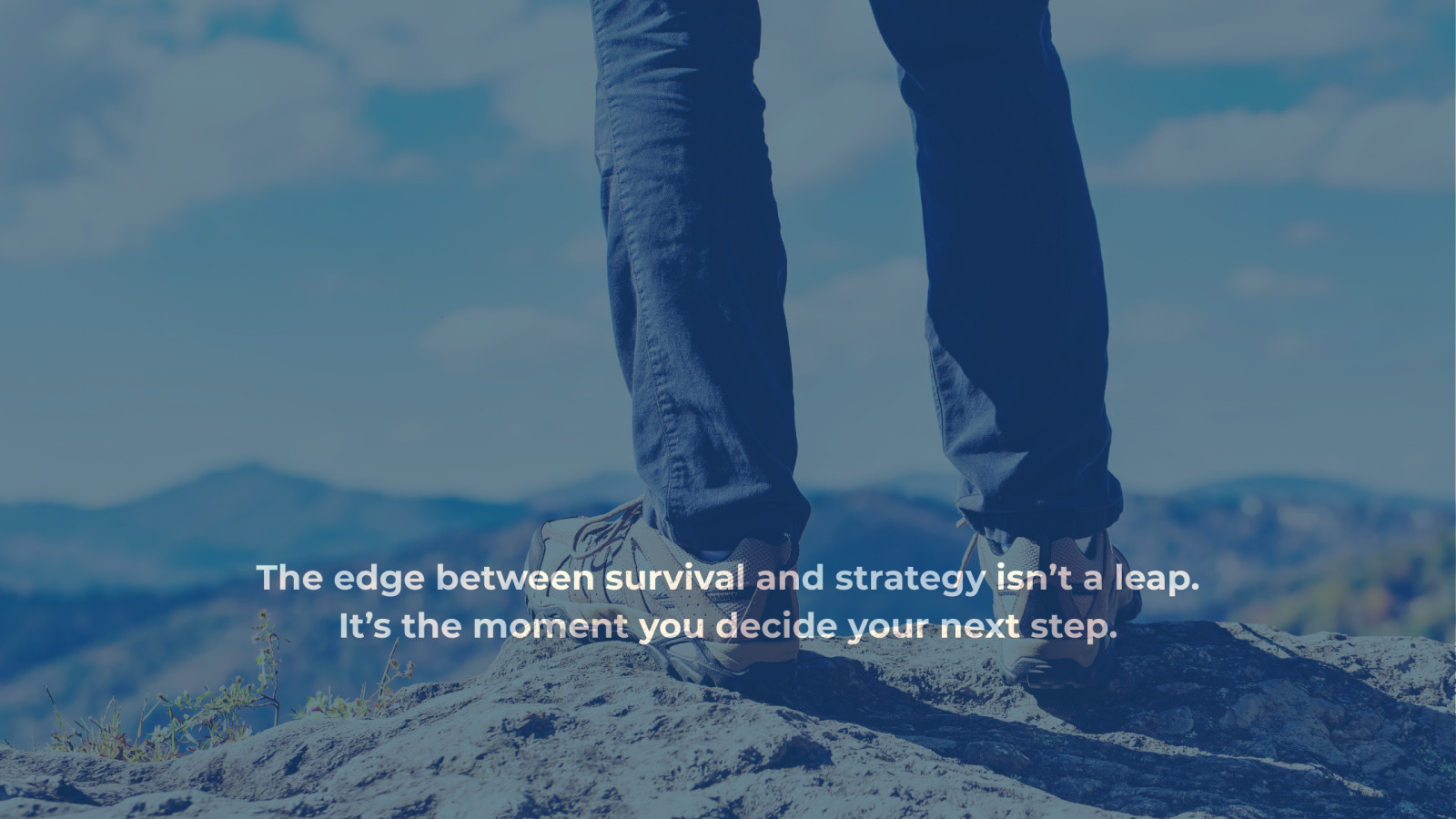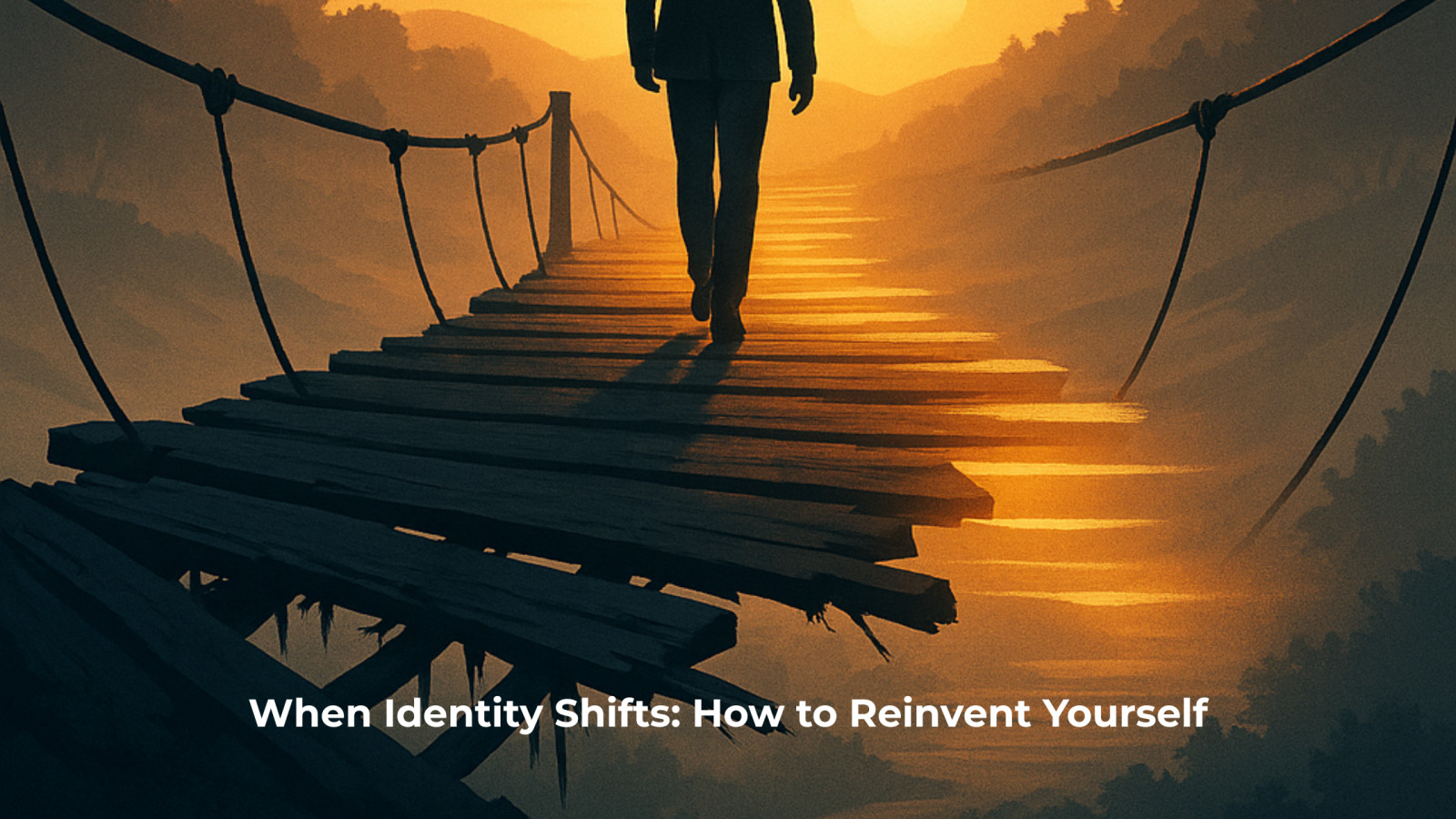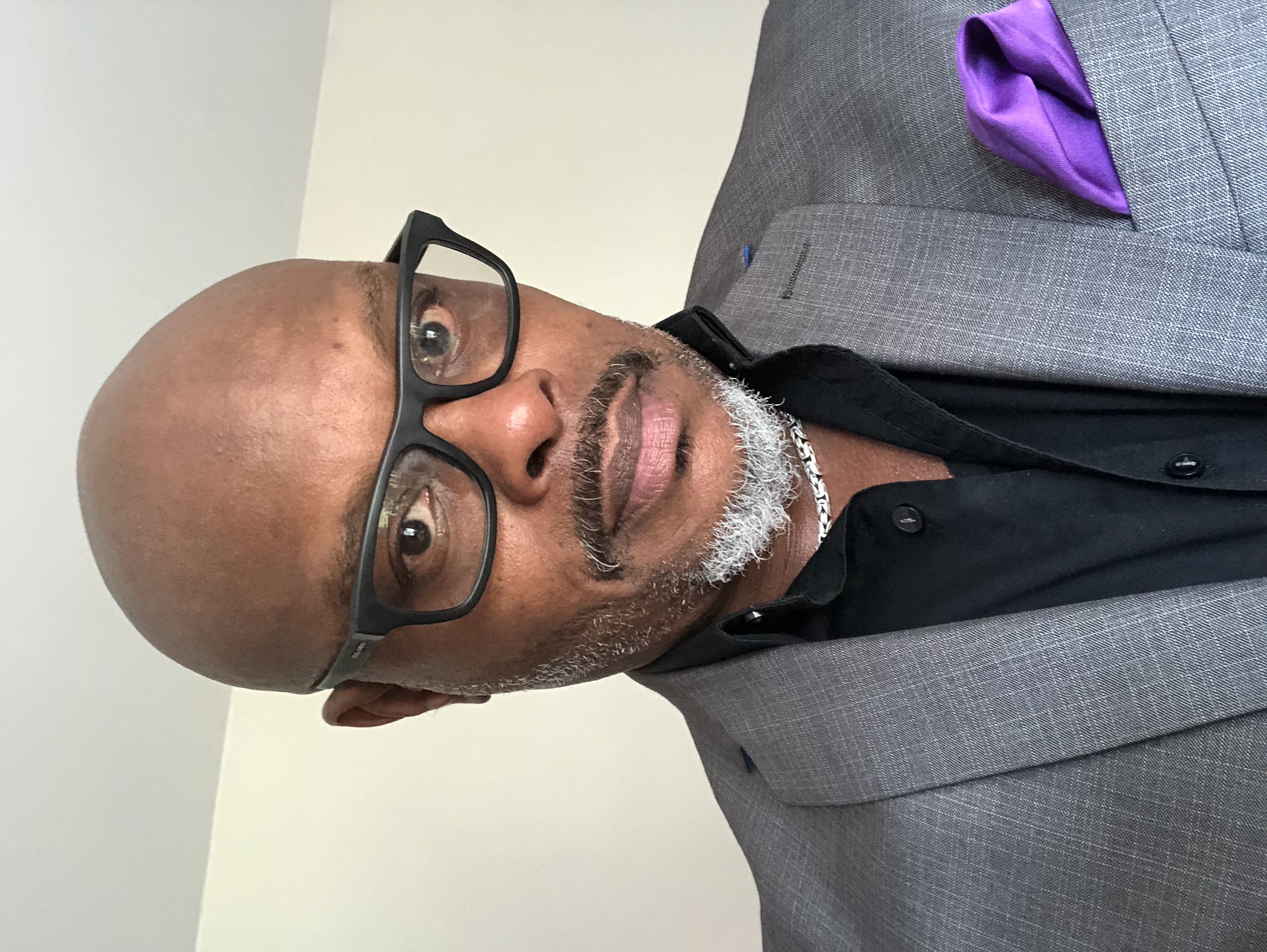
In a world where chaos reigns, many find themselves at an unexpected crossroads—navigating career pauses brought on by layoffs, burnout, or seismic family shifts. This thought-provoking series explores what happens when the relentless hustle grinds to a halt and the quiet question arises: What do I do now?
Beyond the initial turmoil, these life pauses unfold as powerful invitations to reflect, redesign, and redefine your path. By weighing what truly matters against the backdrop of personal values and newfound clarity, this article shows how to view a career break not as a setback, but as a pivot—an opportunity to grow, realign, and rebuild your life with purpose and intention.
Whether you’re laid off, burned out, or stepping back by choice, this series will offers practical insights and encouragement to help you navigate the uncertainty—and turn the pause into your next breakthrough.

In a world that often equates our worth with our productivity and performance, it's easy to lose sight of who we truly are beneath the roles we play. This blog post guides you through a transformative journey of self-discovery, challenging you to peel back the layers of societal expectations and personal narratives that no longer serve you. By embracing stillness and confronting the stories you've been handed, you can begin to uncover your authentic self and reclaim the joy and purpose that come from living true to who you are.
Read more...
Entrepreneurship is a complex journey that demands resilience, guts, and an unwavering belief in one's purpose. This blog post explores the idea that progress in entrepreneurship—and life—is less about reaching a destination and more about embracing the journey itself. The concept of the "messy middle" reflects the reality that success is about persevering through ambiguity and utilizing setbacks as opportunities for growth.
The notion of "arrival fallacy" is highlighted, debunking the myth that happiness and fulfillment are tied to reaching certain milestones. Instead, the joy and satisfaction often stem from the journey toward these goals, where the brain releases dopamine during the anticipation of success rather than at its realization. This understanding is crucial not just in business, but in various life aspects, urging individuals to realign their definitions of success with personal growth and purpose rather than external validation.
The blog also addresses the psychological tension in the "fertile void," a period of transition where old identities are transforming into new possibilities. It emphasizes the importance of recalibrating one’s internal GPS to maintain alignment with personal values and purpose, rather than succumbing to external pressures of immediate outcomes. This reflection allows entrepreneurs and individuals alike to use setbacks as a means of cultivating deeper resilience and authenticity, transforming experiences into profound personal evolution.
Read more...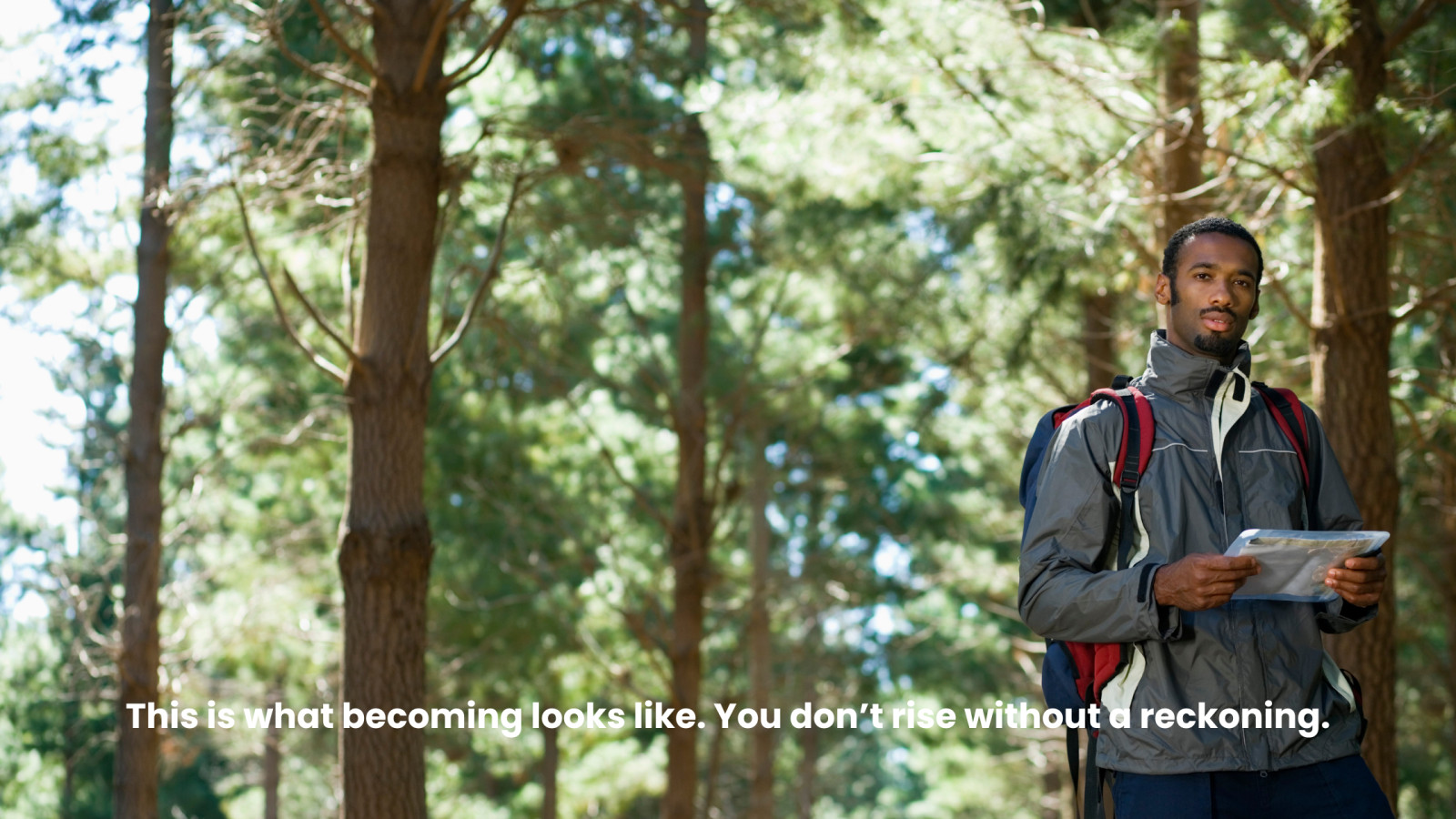
Taking flight in life is about embracing change and aligning with your true self, even when it requires letting go of past obligations and comfort zones. Through the narrative of Marcus, a man seeking clarity and direction, this series explores the transformations that occur when you confront inner tensions and redefine your identity. As both client and coach learn through this journey, they realize the importance of nurturing self-growth and setting boundaries to protect personal peace.
The journey to flight isn’t just about obtaining freedom but involves trusting yourself enough to move forward amidst uncertainties. Recognizing personal patterns such as over-responsibility and reshaping life for others' comfort can help you regain control and live in alignment with your newfound values. The real work involves daily decisions to confront the past and continuously choose growth over remaining grounded in outdated identities.
Letting go also brings a crucial psychological component into play, where old habits of over-functioning and shouldering undue responsibilities are questioned and challenged. By releasing these learned behaviors, individuals can find peace and clarity, leading them towards a life where they prioritize their own needs and boundaries. Ultimately, taking flight requires ongoing commitment to personal growth and inner work, ensuring transformation into a version of oneself that is both true and liberating.
Read more...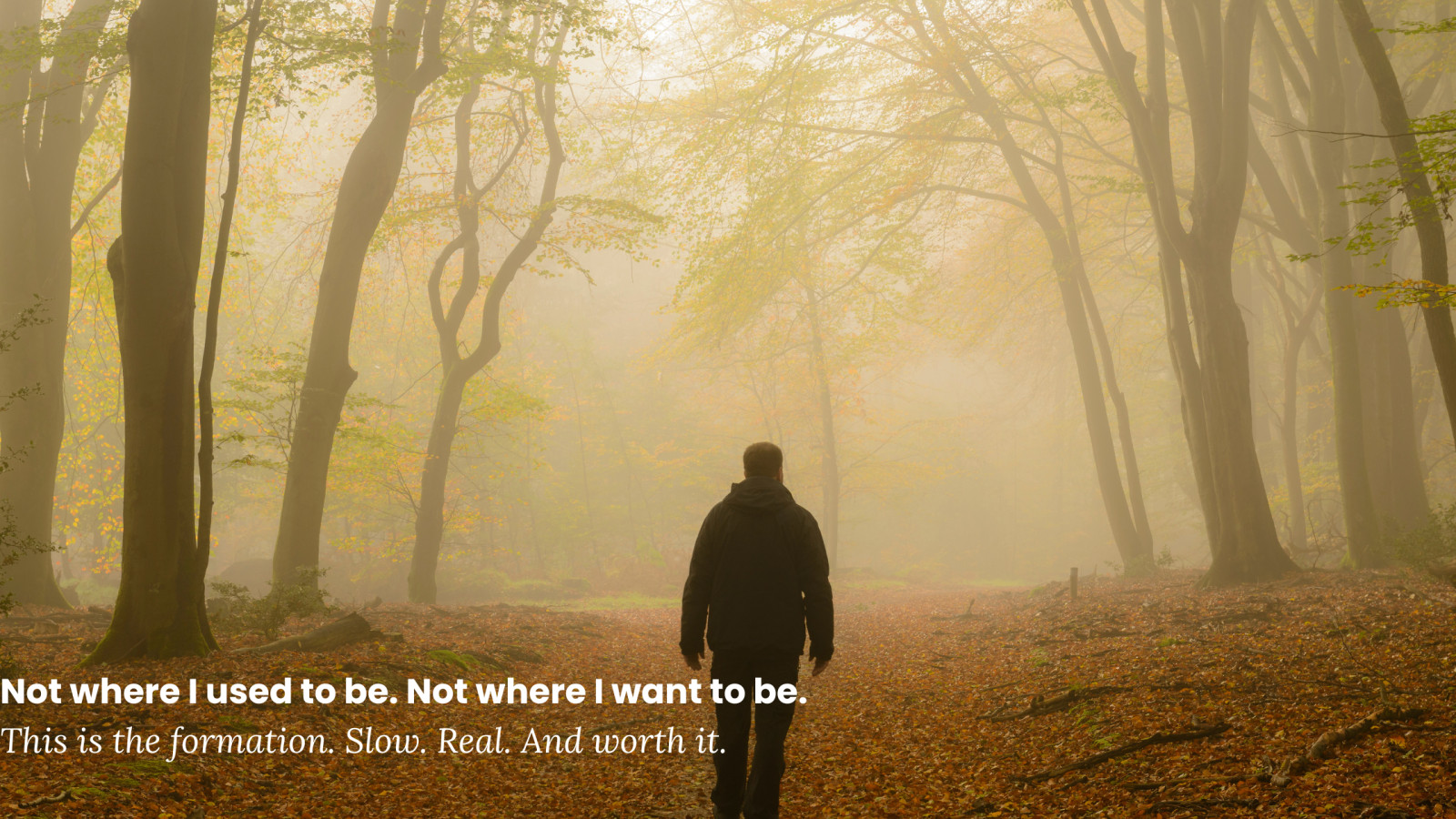
Life's complexities often signal the onset of profound personal transformation, a theme explored in the "From Fog to Flight" series. This segment delves into the friction encountered during significant life changes, emphasizing the phase where internal work intensifies. It's during these crucible moments—confronting fears, reaffirming core values, and embracing the present—that the foundation for true growth and alignment is established.
The concept of formation is unpacked as a vital part of the journey, where ideas and intentions crystallize into structured actions. This isn't a process characterized by grand gestures but by deliberate, incremental choices that align one's life with a deeper purpose. True transformation requires discipline, the establishment of new rhythms, and a commitment to non-negotiable values that guide decisions amidst uncertainty.
Inspiration is drawn from real-life stories of resilience, such as Emma Grede's and James Dyson's, illustrating the power of facing fear and failure as gateways to innovation and success. The blog underscores the importance of maintaining a growth mindset and exercising learned optimism, recognizing that growth is a continuous process that requires courage and perseverance. Despite the silent and slow nature of formation, this phase sets the groundwork for a life that not only meets external benchmarks but resonates with one’s true self.
Read more...